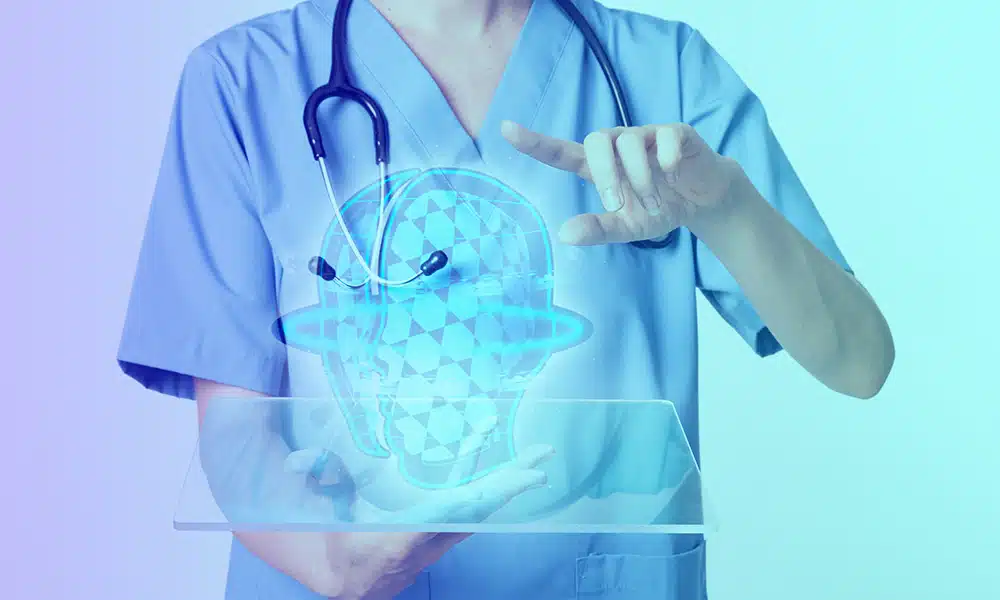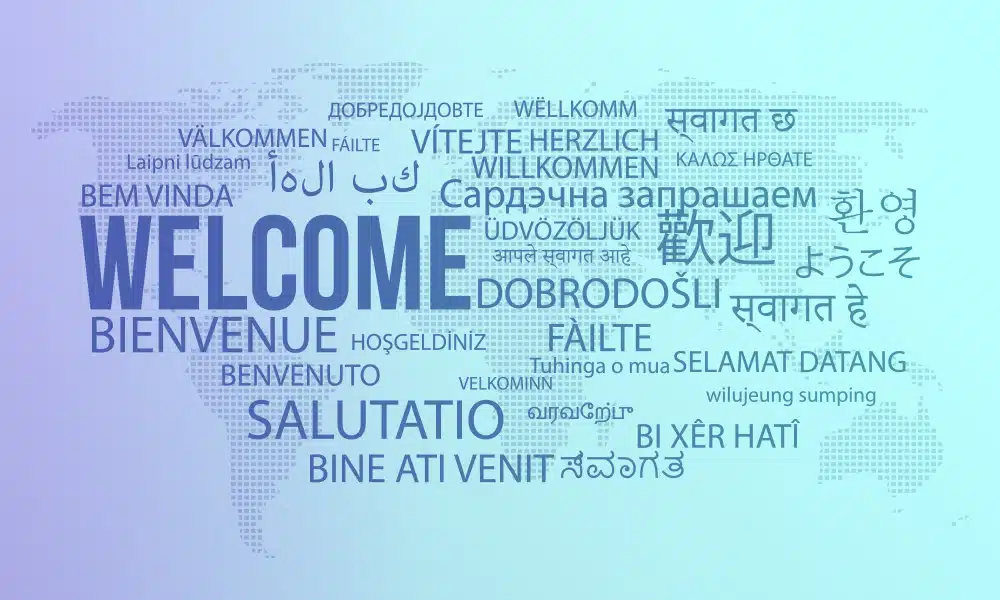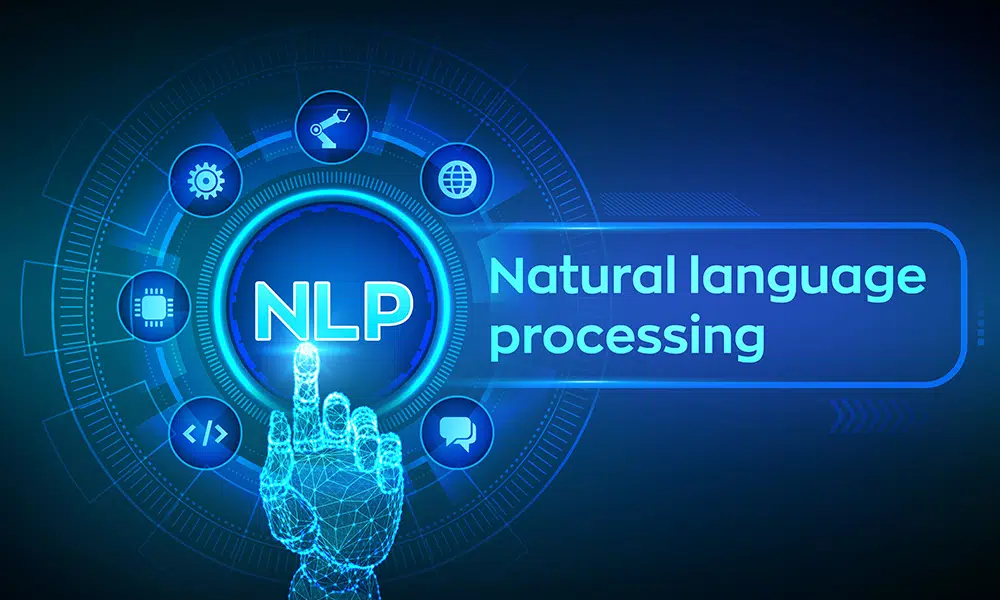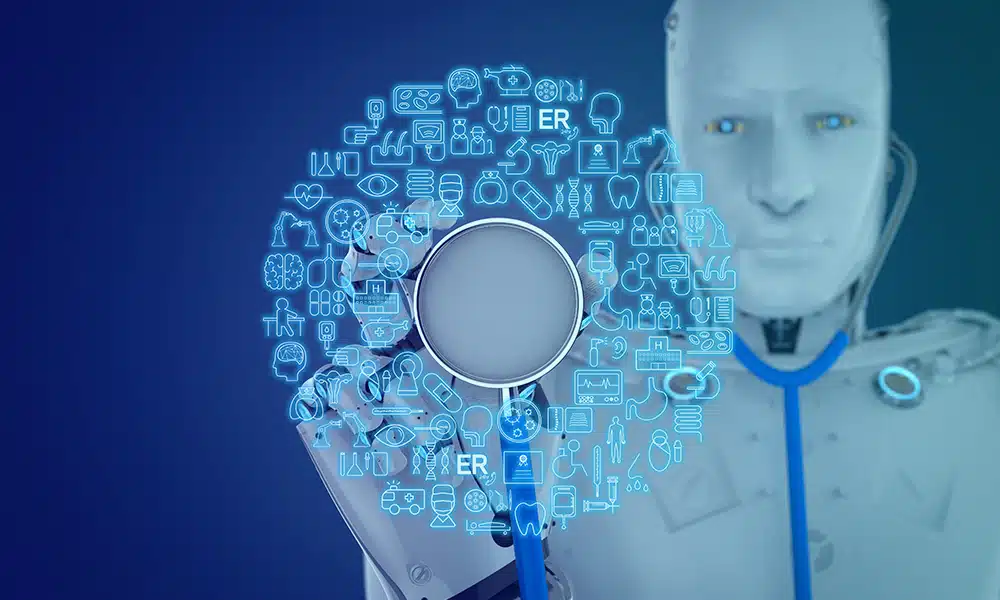Natural language processing (NLP) allows computers to understand human language. It uses algorithms and machine learning to interpret text, audio, and other media formats. The tokenization method bifurcates the information we provide in human text into smaller semantic units in pro-processing.
The integration of NLP in the healthcare domain specifically focuses on the biomedical aspects. Medical NLP includes processing medical documents, health reports, electronic health records, discharge summaries, drug labels, online forums, and clinical documents. This blog will explore the benefits of clinical Natural Language Processing (NLP) and its applications.
Understanding Clinical NLP
NLP is one of the ways to analyze, interpret, and evaluate data that’s relevant. Using this, healthcare professionals can extract the facts they need to make decisions. The major distinction between general NLP and medical NLP is how and what type of data each segment processes. Where we can include books, general text, written documents, images, etc., in general, NLP, data representation, and selection are different in clinical NLP.
To build an efficient clinical NLP system, there is a criteria including:
This includes revealing useful information from unknown data sets. This helps streamline and target specific aspects of information for further investigation.
In this, the NLP model breaks down the inputted information and identifies the meaning of the information shared. For instance, when a doctor diagnoses a condition, medical NLP can help identify the rationale doctors use to conclude.
This concept is useful for knowing the connection between two or more medical concepts. For instance, we can use medical NLP to know how ascorbic acid relates to other aspects of the human body and its conditions.
The Importance of Clinical NLP in Healthcare
Seeing the potential of clinical Natural Language Processing (NLP), several healthcare institutions and professionals are integrating its systems into their operations. Using information extraction, an NLP-enabled system can highlight useful information, and semantic interpretations can help understand the meaning of hand-written text. NLP goes one step further to find the connection between different pieces of information.
Using these concepts, an AI NLP can help gauge the sentiments of the data provided. Apart from the subjective representation of data, NLP can also help automate medical billing based on clinical notes increasing accuracy and speed.
Moreover, a well-trained NLP system can provide predictive analysis based on the patient’s history and understanding of the human body. Taking into account the clinical notes, patient data, and data, an NLP solution can help a healthcare institution extrapolate hospital admissions and disease outbreaks.
Key Applications of Clinical NLP in Healthcare
NLP in healthcare has several applications allowing medical professionals to improve their work and get better results. Here are a few applications of NLP in healthcare.
- Medical Coding: Computer-Assisted Coding (CAC) is on a high pedestal, with clinical NLP making entries. Taking NLP’s data extraction capabilities into account, it can convert medical information, clinical terms, procedures, medicines, diagnoses, services, and equipment. The standardized code can help with medical billing, quality control, medical research, and public health tracking systems. As a result, the healthcare industry can benefit immensely from higher efficiency, accuracy, and speed.
- Clinical Decision Support: Taking into account the predictive analysis capabilities of NLP, doctors can use it to make better clinical decisions. With the potential to reduce medical errors, we can move forward toward computerized infection detection. Using data from clinical notes and its algorithms, an NLP system can become a vital tool for doctors and physicians to provide targeted treatment.
- Population Health Management: NLP’s capability to sort and organize unstructured data helps with health outcomes with careful monitoring and analysis. Using risk stratification techniques, an NLP system can evaluate patient records to identify high-risk patients.
Plus, with health disparities analysis, an NLP system can help identify health disparities in the population. Using this, we can identify the health issues and concerns of specific demographic groups.
In addition to these applications, an NLP system can also help with drug discovery. NLP can specifically help with target patient identification, screening medicine compounds, designing clinical trial procedures, and recruiting patients for trials. We can also use NLP to run chatbots to provide virtual assistants to customers.
The Role of Medical NLP Datasets
Data is ubiquitous today, but it’s fragmented and diverse. An NLP system can make sense of unstructured data, but feeding in the data must be done. For contextual understanding, an NLP model needs access to medical datasets. It uses this data for parsing and reading between the lines.
To build an NLP dataset, we need to first create labels. Initially, continue with making the labels quickly according to the data presented. Once done, you can refine the labels and then test them to find suitable connections.
Follow the same process until you have refined but unstructured data with accurate labeling. Talking about labeling, this is one big challenge for creating medical NLP datasets. For one, we need expertise in medical data labeling, given the complexity of the medical field.
Another challenge comes in annotation, specifically the disagreements in data labeling. Annotation is more complex for subjective tasks and elements, which can further fuel disagreements.
The Clinical Natural Language Processing (NLP) system is essential for biomedical data processing and its effective analysis. With NLP included in the healthcare industry, we can experience better patient care, targeted treatments, and precision results. At Shaip, we work in the healthcare AI domain to collect, annotate, and de-identify large datasets making the NLP model development process easier.




